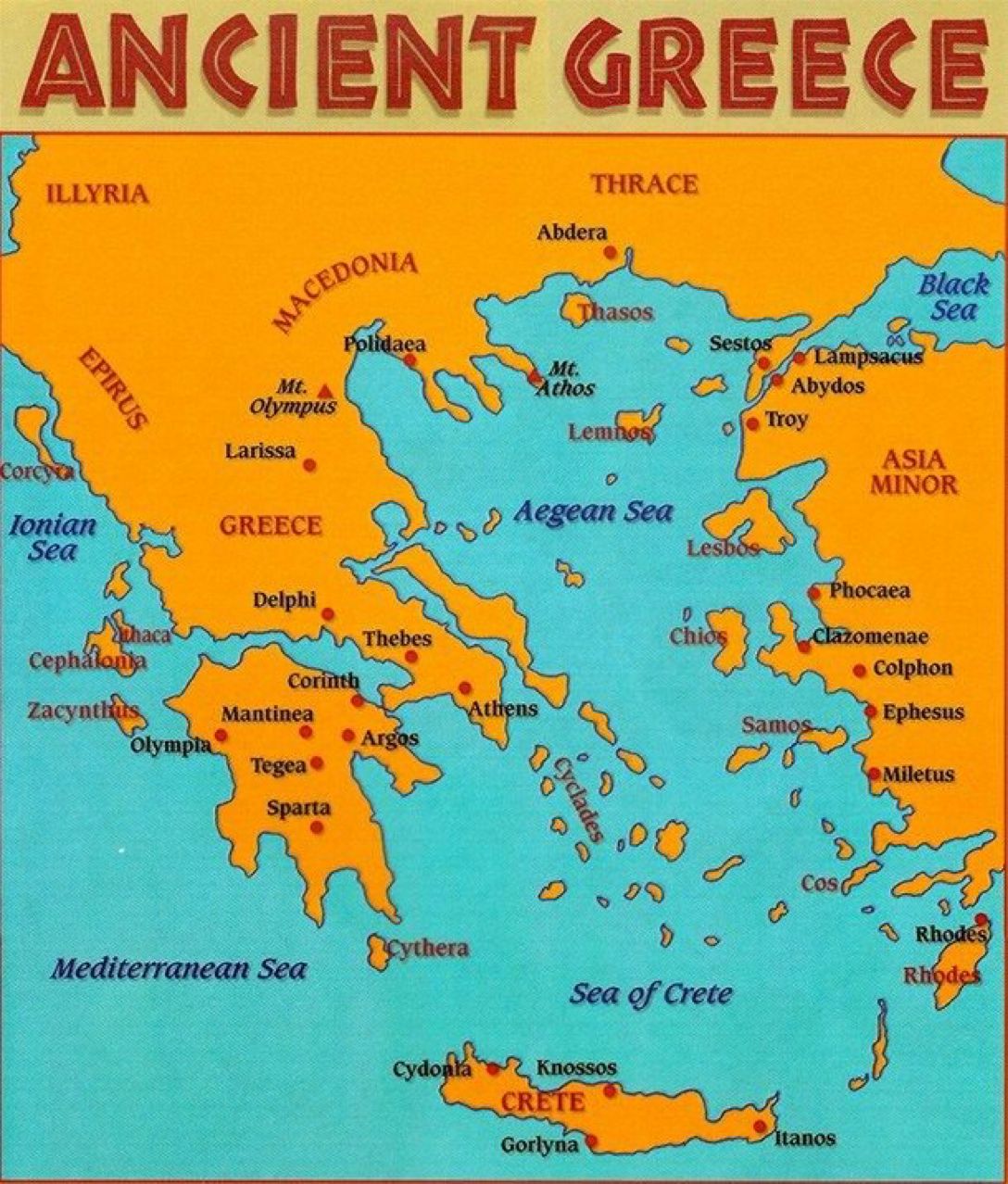CLAS 353
October 1, 2024

Examination #1 Key
Creative Project #1
(due Tuesday, October 15)
latest styles in the elite tech manosphere (Mark Zuckerberg's classical image)
Donna Zuckerberg, Not All Dead White Men (2018) (Classics & Red Pill)

Succession (2018-2023), Season 1 Trailer
Statius, Thébaid
- Publius Papinius Statius (45-96 CE): well-connected celebrity poet of Rome & Naples (cf. Vergil, Ovid; Dante's Purgatorio); Thebaid & The Magnificent Seven (1960/2016), Kurosawa's Seven Samurai (1954); Statius's celebrated descriptive (cinematic) powers, e.g. Tydeus's aristeia/action film (2.496ff.)

- Thebaid: literary sources include lost Greek Epic Cycle (myths pre-Troy); tragedies, esp. Aeschylus’s Seven Against Thebes (Sophocles's Oedipus trilogy); + influence of Vergil’s Aeneid, Lucan’s Civil War
- imperial chronology (1st century CE)
Augustus (d. 14 CE); succession (adoption, intrigue & violence): Julio-Claudian Dynasty to 68 CE (Tiberius, Caligula, Claudius, Nero)
Year of the Four Emperors (68-9 CE: Galba, Otho, Vitellius, Vespasian) = Civil War
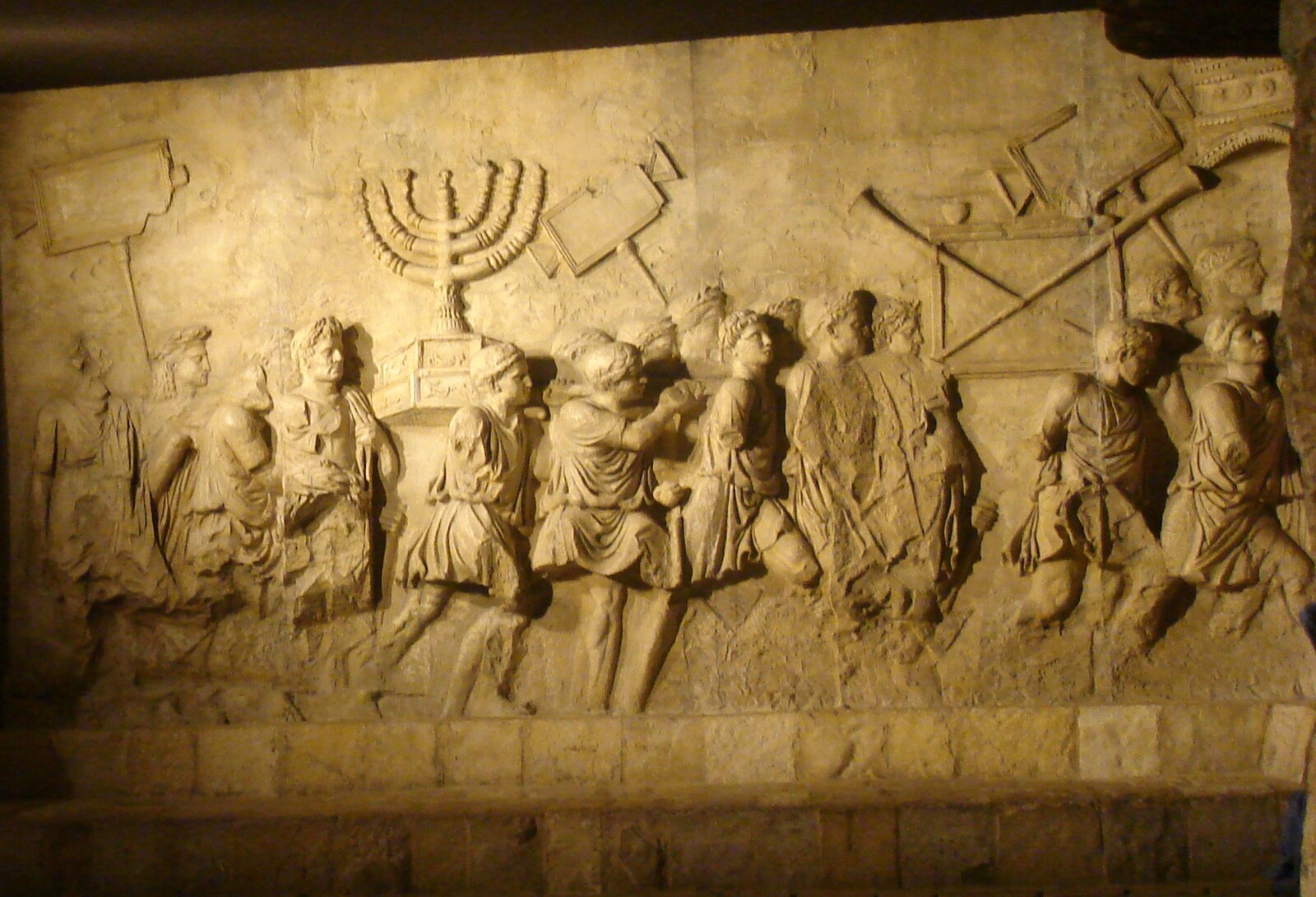
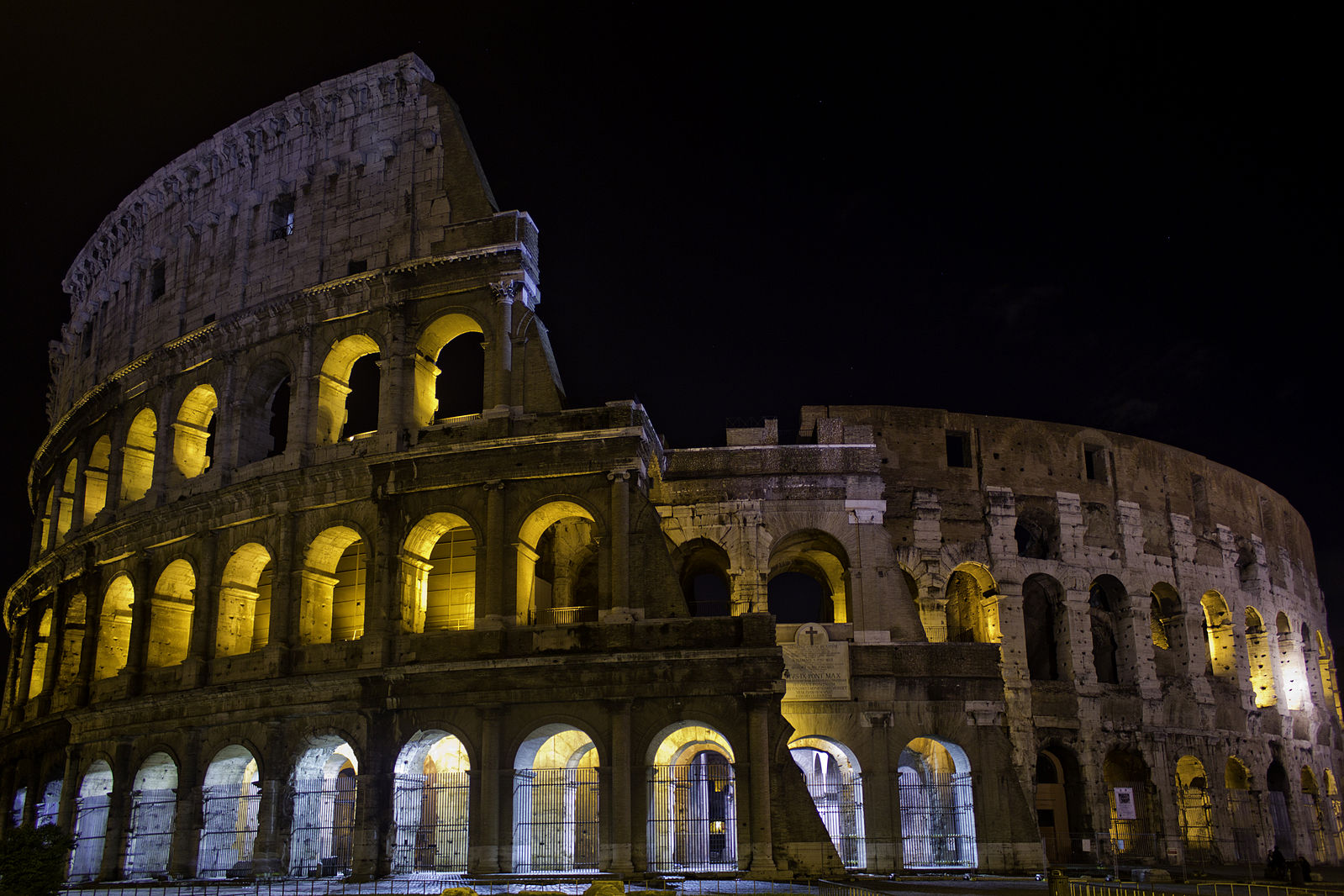
L: panel of Arch of Titus
(81 CE; Jewish War, 66-74 CE); R: Flavian Amphitheater (80 CE)
Flavian Dynasty: Vespasian (emp. 69-79 CE; "Dear me, I think I'm becoming a god", Suetonius, Vesp. 23.4) + sons Titus (emp. 79-81 CE) & Domitian (emp. 81-96 CE); first biological father/son succession
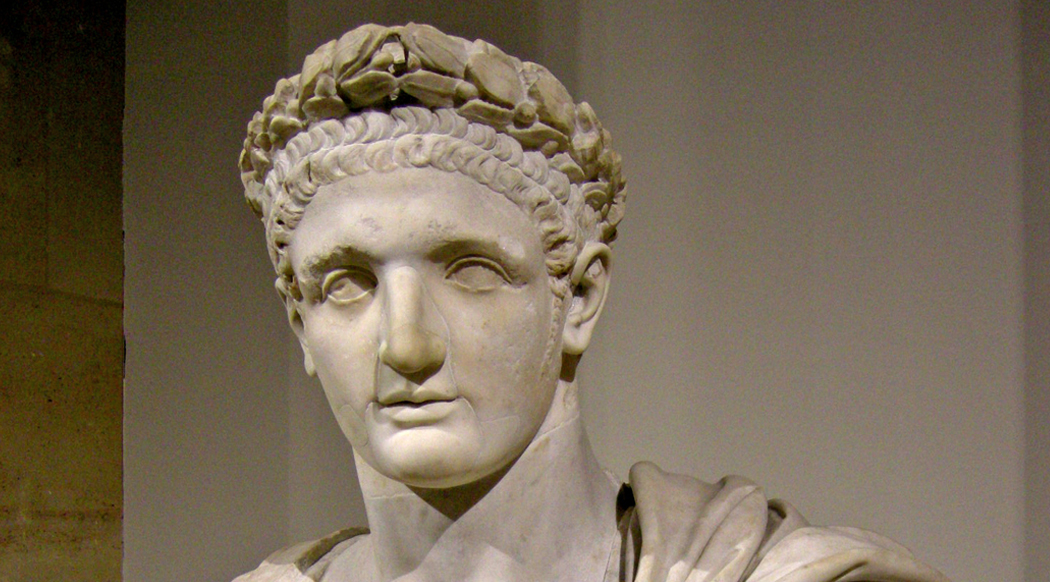
- Domitian (Titus Flavius Domitianus, above): dominus et deus, "master and god" (authoritarian rule); grand palace on Palatine Hill; assassinated (96 CE); damnatio memoriae (“condemnation of memory”); oppressive rule, stabilizing transition to 2nd century "Pax Romana" (Roman hegemony)
- Thebaid: not political allegory, but engages with 1st century CE imperial themes (guise of Theban myth):
autocracy & abuse of power (revenge, oppression, injustice)
political insecurity (succession, intra-familial strife)
anti-social disruptions & civil war
- "heroic" (pacifist?) epic of violence, horror, irrationality (divine & human), intergenerational malignant narcissism > thematic fusion of social, political & familial dysfunction (parents & siblings)
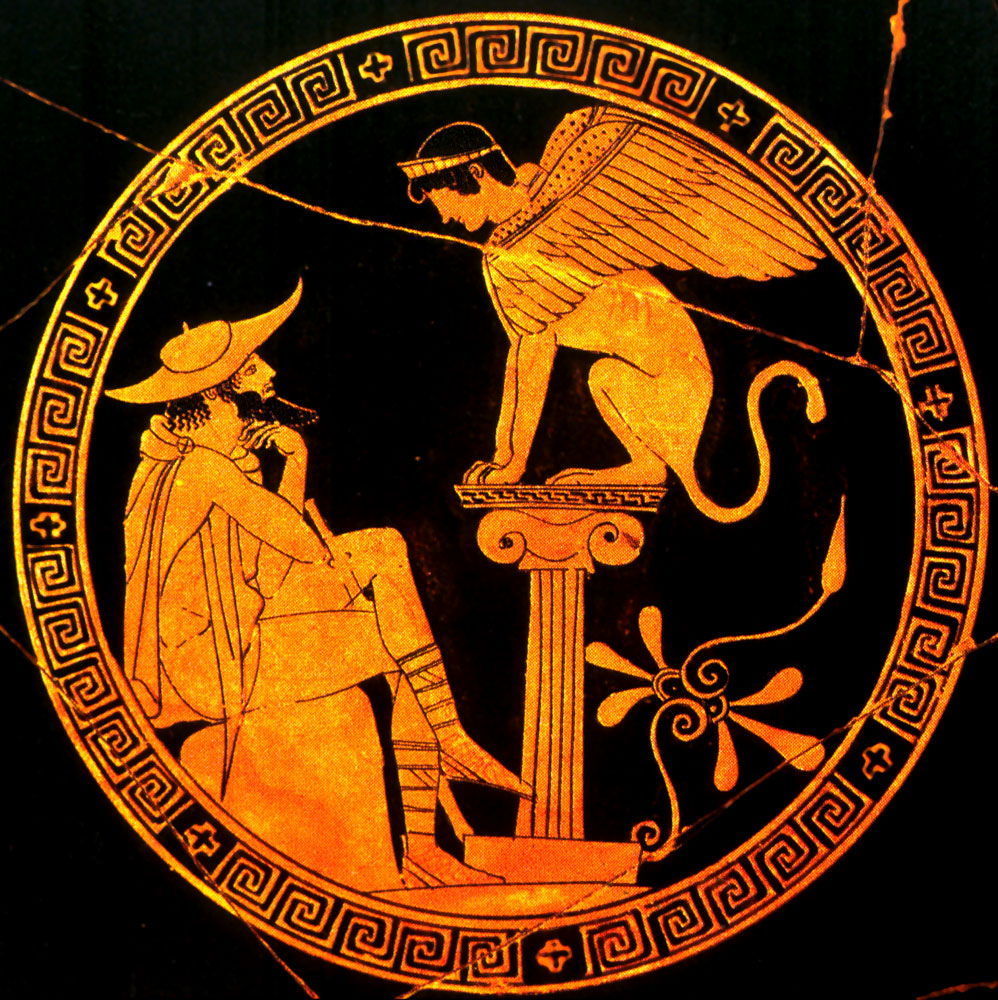
Oedipus & the Sphinx (red-figure cup, Etruscan Italy, 470 BCE)
- themes of Theban myth Romanized
Thebaid 1.141-64 (narrator's comment after plan for alternate rule in Thebes fails)
. . . the new claimant was always chafing the one in charge.
This was the bond between the brothers, their sole stay
of battle
—a pact that would not last to the second regime.
And coffered ceilings were not then yellow with bosses of thick
gold! Nor did halls spring high-vaulted from gleaming Grecian
monoliths, wide enough to embrace dense throngs of clients;
no spearmen back then kept watch over the unquiet dreams
of kings, nor did sentries grumbling that, turn about,
they must stand guard; no taste, then, for gems dropped in wine,
for gold platters smeared with food. No, it was raw power [nuda potestas]
armed these brothers, fighting to win an impoverished realm,
wrangling over which one should plow meager Dirce's [Thebes]
paltry acres or preen himself on holding the Tyrian [Cadmus, founder/"father" of Thebes]
exile's humble throne. And, while they did, Justice died, and
Right, and Goodness, and Respect for life and death.
Wretches!
how far will you let your rage reach? What if you’d set your mad
sights on one of the sky’s outmost bounds—those the Sun views
when He leaves the East Gate, the one when he sinks in Iberia’s
bay, distant lands which He, in passing, brushes with beams
aslant—those frozen by North Wind, those seared by the South, hot
and humid? It’s not as if Phrygian and Tyrian wealth were heaped
up together! A grim land, a fortress accursed was enough
for your enmity. Monstrous madness purchased the chance
to sit on the throne—of Oedipus!
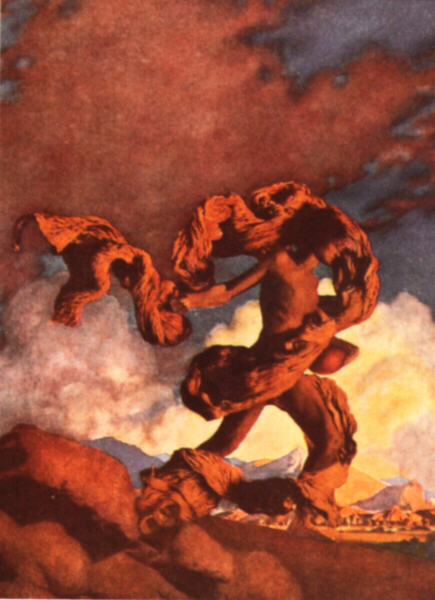
Parrish, Cadmus Sowing the Dragon's Teeth (1908)
- Thebaid: programmatic opening, "the guilt of Thebes"
Thebaid 1.1ff. (prologue)
BROTHERS CROSSING swords; held by turns, their kingdom, vied
for in fiendish hatred; the guilt of Thebes—these my mind, struck
by Pierian fire, burns to unfold: where do You bid me begin,
Goddesses? Should I sing of the dire race and its origins—
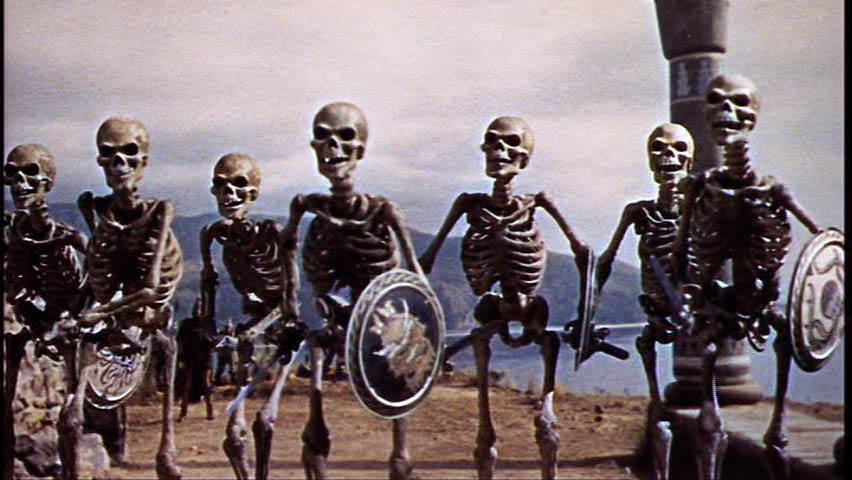
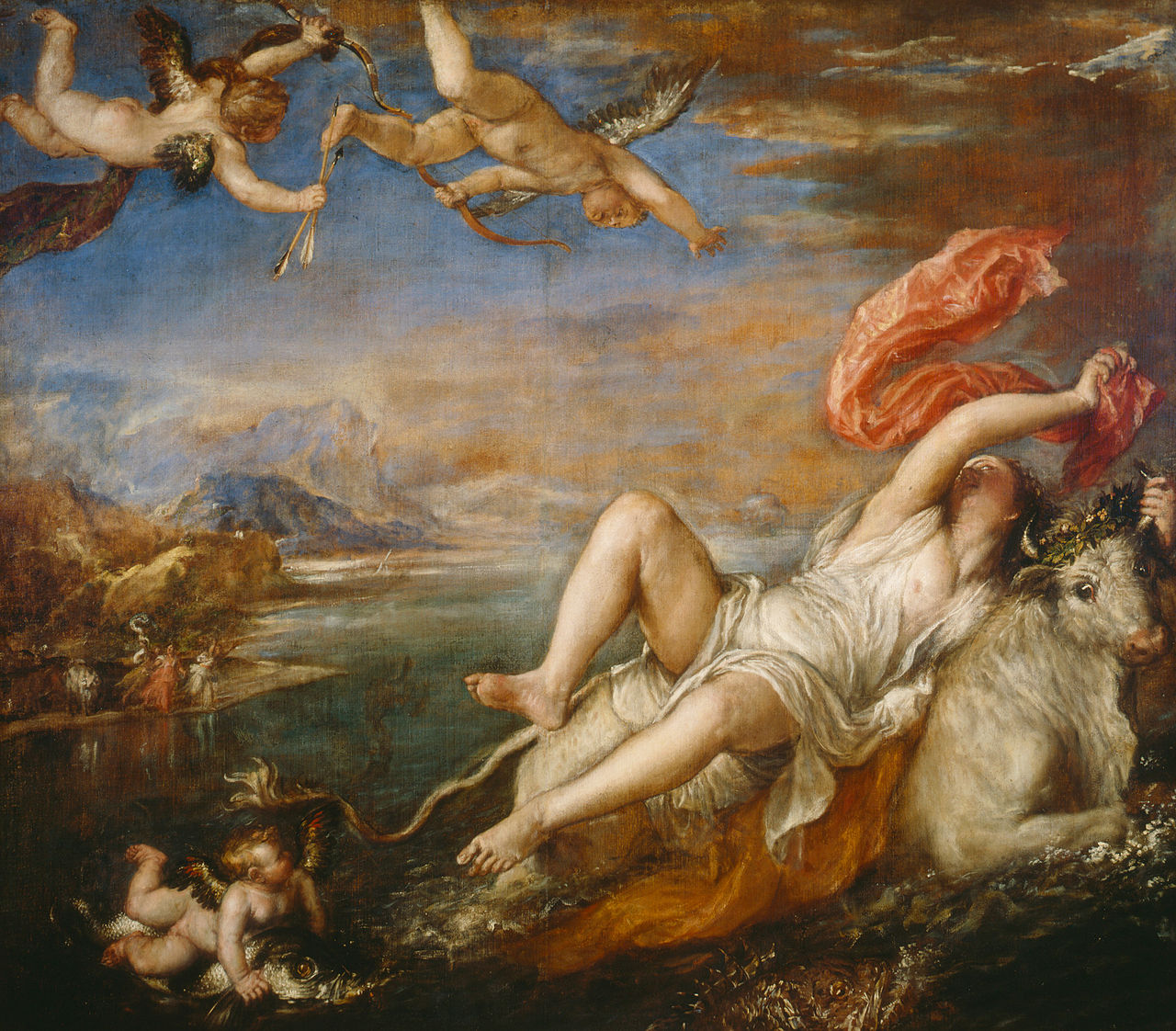
L: "Sown Men," Jason & The Argonauts (1963); R: Titian, Rape of Europa (1562)
[Theban origins: Phoenicia, Cadmus, Europa; Boeotian cow, dragon & Spartoi ("Sown Men") > other catastrophic Theban myths > narrator's focus on "the confused House of Oedipus"]
necessary adulation & flattery of the emperor:
… Not yet would I dare
attempt Italian Standards, Northern Triumphs in verse: [polite refusal to write epic for Domitian]
the Rhine twice yoked, the Danube brought under our laws twice,
or Dacians hurled from the sheer height of their opposition,
or, in the earlier, Jovian wars, the defense mounted by one [Domitian's foreign and civil battles]
scarce matured. You, o glory adoring Latian fame,
as you take up where your father left off—what Rome
selfishly wants is that you be eternal . . . [apotheosis of emperor – ambiguity?]
- narrator will tell story of "twin tyrants" (1.34-5) > Seven Against Thebes**
**The Seven: Adrastus, Polynices, Tydeus,
Amphiaraus Capeneus, Parthenopaeus, Hippomedon
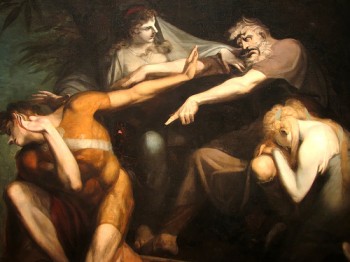
Oedipus Cursing his Son, Fuseli (1786)
- "Scene 1": dungeon-dwelling Oedipus's prayer to Tisiphone ("you cradled me", 1.61); curse ("Bring down on my sons—on the whole line!—a terrible curse", 1.81); epic's first ekphrasis (Tisiphone's journey to Thebes to stir up discord, 1.103ff.)
The Labdacid family: Laius, Oedipus, Jocasta, Polynices & Eteocles, Antigone & Ismene
- central hero (cf. pius Aeneas)? first epic simile of yoked bulls from "a bad-tempered herd", 1.131ff.; Theban people "between doubt and fear . . . one rules us, the other threatens to" (1.195-6)

Jupiter (fresco from Pompeii, 1st century CE)
- gods: Olympians largely replaced by chthonic deities, esp. Furies; abstractions/allegorical figures (e.g. Envy, Fear, Grief, Discord, Rage, etc.) + hostile & cruel supernatural forces (Fates = Parcae)
- opening epic council of gods: Jupiter (post destruction of world by fire, flood), supports Oedipus's curse
Thebaid 1.224-47 (dictatorial & hostile Jupiter; "Silence!")
"This time I descend to punish a pair of houses
I founded myself: the one branches off through Persean
Argos, the other flows from the source—Aonian Thebes.
Human nature! It never changes. Who doesn’t know
the deaths Cadmus caused, the troop of Furies so often
called from the Pit to do battle, depraved maternal delights,
fanatics roaming the forests, divine crimes that must be hushed up? [Maenads, Bacchus]
Scarce in the space of a day, scarce in that of a passing night
could I tally the times this race has shown its knack for sin.
This man—the impious heir—even hungered to clamber
into his father's bed and defile his innocent mother's
womb, to thrust his way—monstrous!—back to his own begetting;
still, he's paid Gods Above
eternal atonement—light
cast aside, he now no longer feeds on our air.
But his sons—! crime without precedent!—
They've ground his fallen
eyeballs under their heels. Now at last your prayers are answered,
you grim old man! Your darkness earned, yes, earned you the right
to hope Jove will avenge you. I'll embroil the guilty
realm in fresh hostilities—I'll pull up the whole
deadly race by the roots! Let Adrastus as father-in-law,
let his daughter joined in ill-omened wedlock serve me
as seeds of war.
It is further decreed that the clan
of Tantalus too shall incur punishment, for, deep within
my breast, that traitor's savage banquet rankles yet." [Tantalus, Pelops & descendents, esp. Atreus & Thyestes, from Argos]
- Juno (on behalf of Argos)? (". . . how far back must / you go to purge Earth of madness, to redress the wrongs / of bygone times?", 1.268-70) Jupiter sends Mercury to fetch Laius
- meeting of wandering exiles (storm: cf. Aeneid 1), Polynices (Thebes) & Tydeus (Aetolia), 1.312ff.; King Adrastus (cf. Latinus) & two daughters, oracle (bristling boar & tawny lion)
- Thebaid's marginal heroic figures? Argive worship of Apollo (cf. Evander & story of Heracles & Cacus, Aeneid 8.185ff.):
Apollo slays Python, house of Crotopus & rape of daughter (Psamanthe);
exposed child eaten by dogs & Crotopus's "honor killing";
Apollo's revenge on babies of Argos, Coroebus slays "she-thing";
Argive plague, Coroebus's plea & sacrifice ("if rampaging monsters are so / dear to the Gods Above, if humanity's death is a loss / less costly to Earth, and cruel Heaven is so ruthless, / how have Argives earned this?", 1.648-51);
Coroebus exonerated
Thebaid 2: Mercury retrieves Laius from underworld; double wedding in Argos; fratricide Tydeus’s embassy to Thebes
- Mercury's necromancy (inverted katabasis): ghost of angry & wounded Laius travels to Thebes, appears to grandson Eteocles disguised as Tiresias ("[he] flooded the dream with his gushing wound", 2.124), warning about Polynices ("a tigress" awakened)
- cut to Thebes ("Scene 2", 2.134ff.): double marriage/blushing brides (2.231ff.): Argia ~ Polynices, Deiphyle ~ Tydeus; omen of the shield & trumpet-blast at Athena’s temple (2.249ff.; guests pretend nothing happens!)

Evelyn De Morgan, Cadmus and Harmonia (1877)
- ekphrasis (2.268ff.) of Harmony’s necklace (created by Vulcan for Harmony, daughter of Venus & Mars & wife of Cadmus, mother of doomed daughters, worn by Argia, previously worn by Semele & Jocasta—what’s on "groom's gift, that luckless ornament" (2.266)?
- Tydeus sent to Thebes (2.374ff.); his encounter with Eteocles (“. . . high on his throne, hedged round with bristling spears; counter to law / and beyond his term, well into his brother’s reign, the brute / was ruling the people with iron hand. Ready for any / crime . . .”, 2.385-7)
Thebaid 2.410ff. (Eteocles's reaction to Tydeus's frankness)
Though silent at first, the king could feel
his fiery heart hiss in his breast the way, if you throw
stones at a fierce serpent, she’ll strike—kept deep below the ground,
Hidden away by a long drought, now wholly aroused, she calls
all her venom up into her jaws and scaly throat . . .
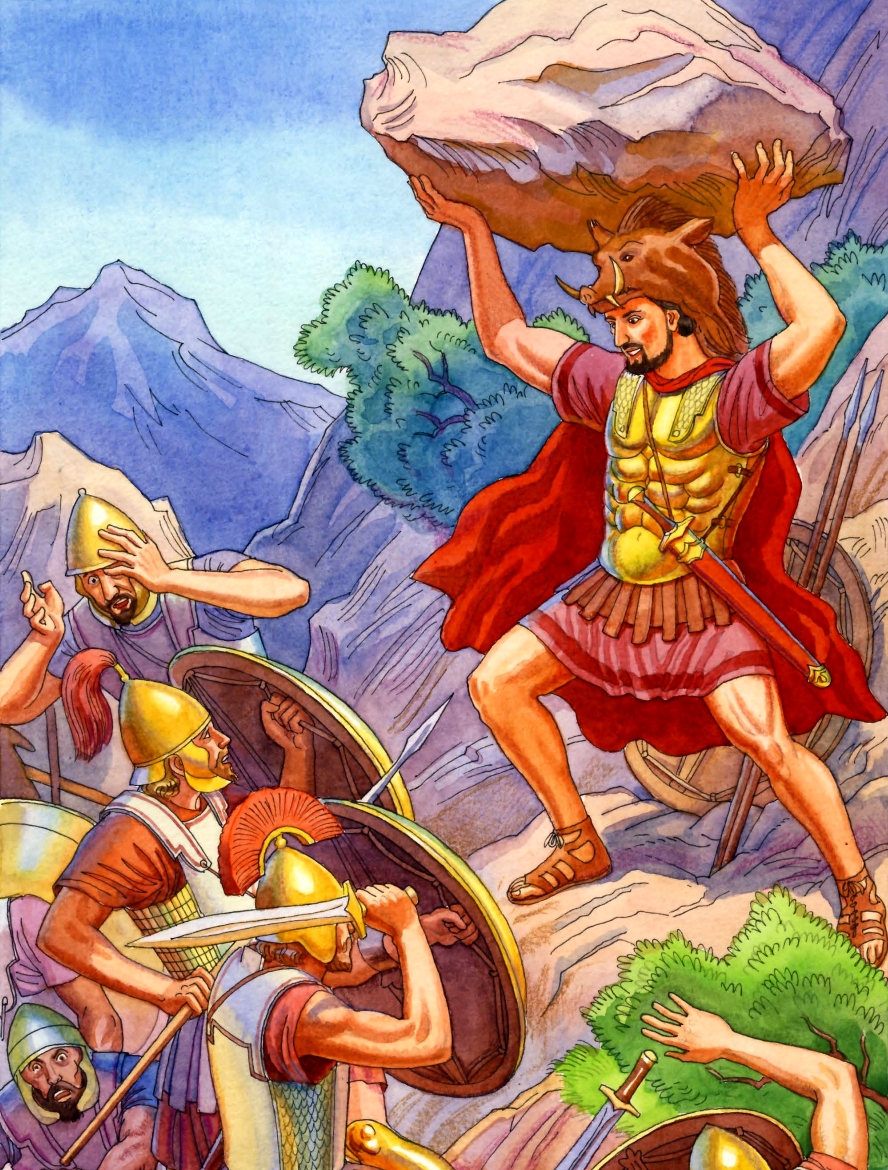
Tydeus (illustration from Ryabinin, Riddle of the Sphinx)
- Eteocles’s (self-)defense of tyranny (2.428ff., e.g. ". . . the people are schooled / to my yoke"; stability) & plan to ambush Tydeus (his aristeia, 2.496ff.); epic's first gore (Maeon sent back alive to Thebes)













